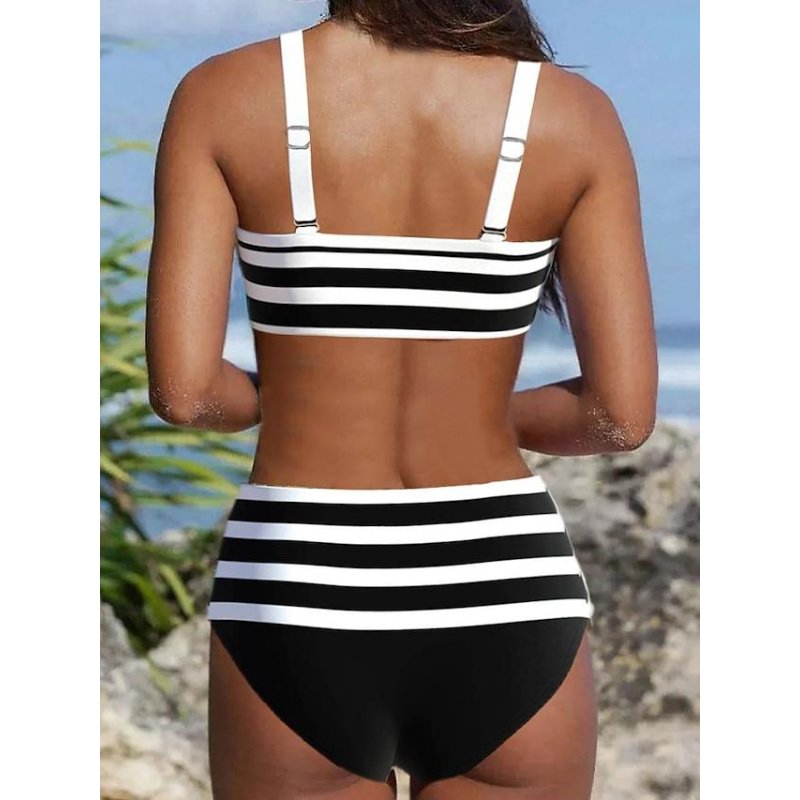Tag: fashion, society, clothing
Fashion has been an important aspect of human culture for centuries. From ancient civilizations to modern society, the way we dress has always been a reflection of our values and beliefs. However, in today’s fast-paced world where trends come and go at lightning speed, it is easy to overlook the impact that fashion has on our society.
Clothing not only serves as a means of protection and self-expression but also holds significant cultural and social significance. Throughout history, certain garments have represented different social classes or religious beliefs. In some cultures, specific colors or patterns are reserved for special occasions or hold symbolic meaning.
In recent years, there has been an increased focus on ethical fashion practices due to concerns about workers’ rights and environmental issues related to the textile industry. The rise of fast fashion – cheaply produced clothing designed for short-term use – has also raised questions about its impact on both people and the planet.
Despite these pressing concerns, many continue to view fashion as a superficial pursuit rather than an influential force in shaping our society. However, this perception fails to acknowledge the power that clothing holds in creating societal norms and promoting certain ideals.
For instance, mainstream media often portrays unrealistic beauty standards through airbrushed images of models wearing designer clothes. This can lead individuals – especially young women – towards unhealthy body image issues as they strive for unattainable levels of perfection.
On the other hand, when diverse representation is lacking in the fashion industry – whether it be based on race or body type – it reinforces narrow standards of beauty that exclude marginalized groups from feeling accepted or included in mainstream culture.
Moreover, fashion can serve as a platform for individuals to express their identities openly without fear of judgement. Many subcultures use clothing as a form of rebellion against societal norms or political statements against injustice.
To truly understand the impact of fashion on society, we need to pay attention to the messages it conveys and advocate for inclusivity and diversity within the industry. We must also consider the consequences of our shopping habits and support brands that prioritize ethical and sustainable practices.
In conclusion, clothing is more than just a means of covering our bodies; it holds immense power in shaping societal norms, promoting certain values, and giving individuals a voice. As consumers, we have the responsibility to use this influence wisely by supporting positive change within the fashion industry. Let us remember that fashion should not only be about looking good but also doing good for ourselves and society as a whole.
